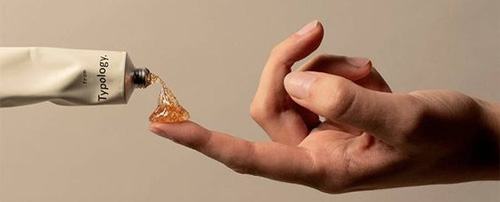Most stand-up comedians find humor in their everyday lives, but Bella Humphreys from North Wales chose to turn her painful experiences with periods into comedy. At 30, Bella made her debut after being diagnosed with premenstrual dysphoric disorder (PMDD), a condition that caused her to suffer from severe mood swings, depression, and anxiety with every period. She even experienced suicidal thoughts each month. These intense symptoms would begin a week before menstruation, but for years Bella assumed they were just a normal part of her cycle. “I felt like I wanted to hurt myself and end my life. It was an incredibly dark time,” she shared. Her suspicions grew after researching her symptoms online, and after a professional evaluation, she was diagnosed with PMDD. Realizing that many others might be silently struggling with the same condition, Bella decided to raise awareness through stand-up comedy.
A recent study by researchers at the University of Oxford revealed that around three million women and girls globally are affected by premenstrual dysphoric disorder (PMDD).
Premenstrual Dysphoric Disorder?
Premenstrual dysphoric disorder (PMDD) is a severe form of PMS that affects women of reproductive age. The exact cause of PMDD is still being researched, but hormonal imbalances are believed to reduce serotonin levels, which can negatively impact mental health.
Symptoms
Symptoms of PMDD begin about a week before menstruation and can last for several days, often interfering with daily activities. These symptoms may include restlessness, anger, insomnia, depression, difficulty concentrating, extreme fatigue, anxiety, confusion, weight gain during menstruation, swelling of the limbs, vision issues, intense lower abdominal pain, bloating, constipation, nausea, vomiting, back pain, skin irritation, headaches, dizziness, overheating, decreased sexual interest, and painful menstruation.
If symptoms occur, it’s important to seek professional help and receive treatment if needed. In addition to medication, incorporating changes in diet, exercise, and stress management techniques can be beneficial.


